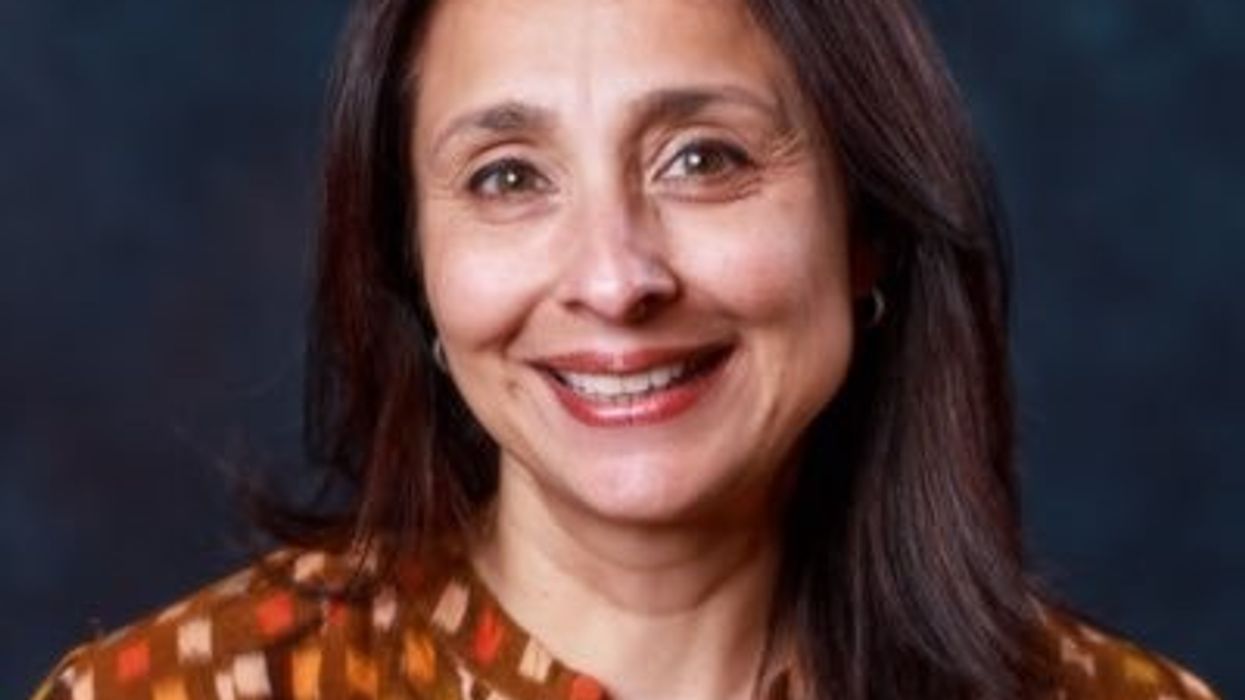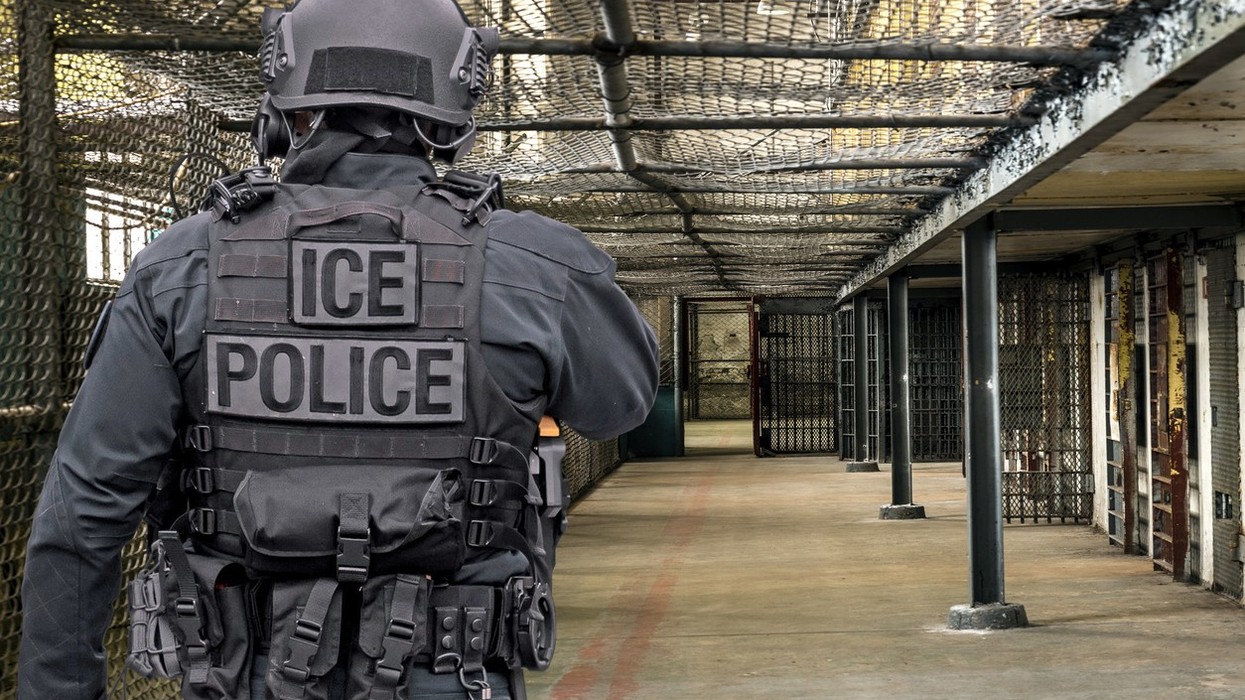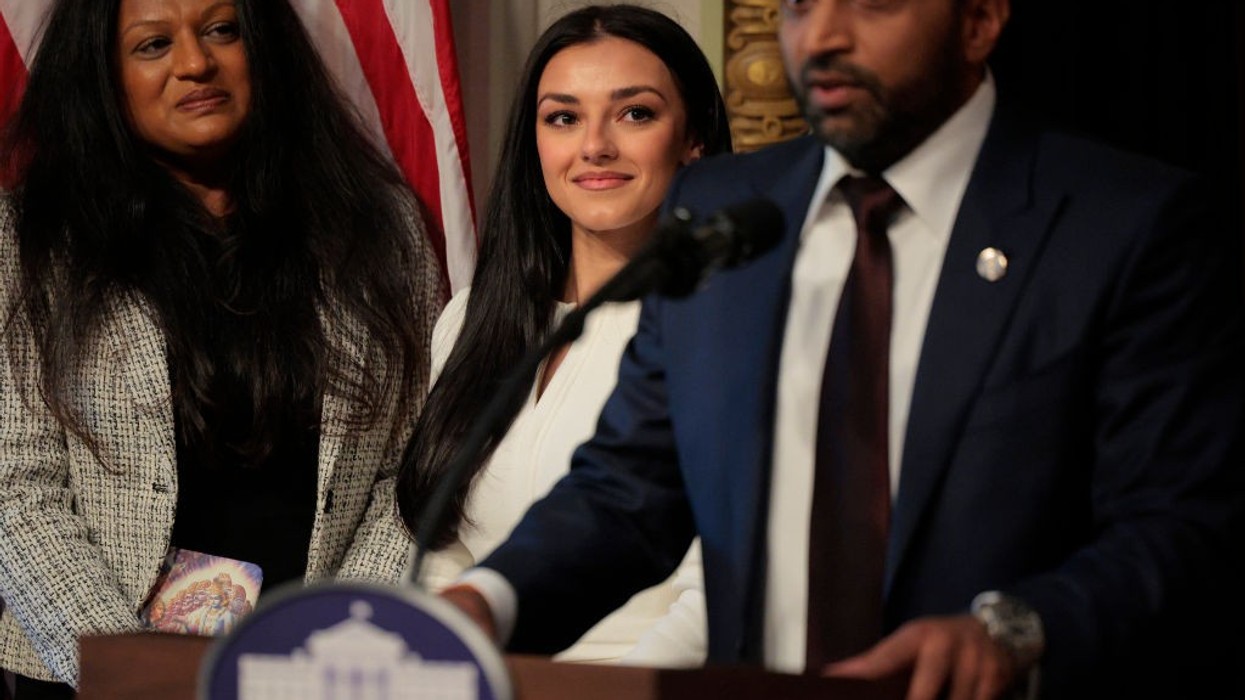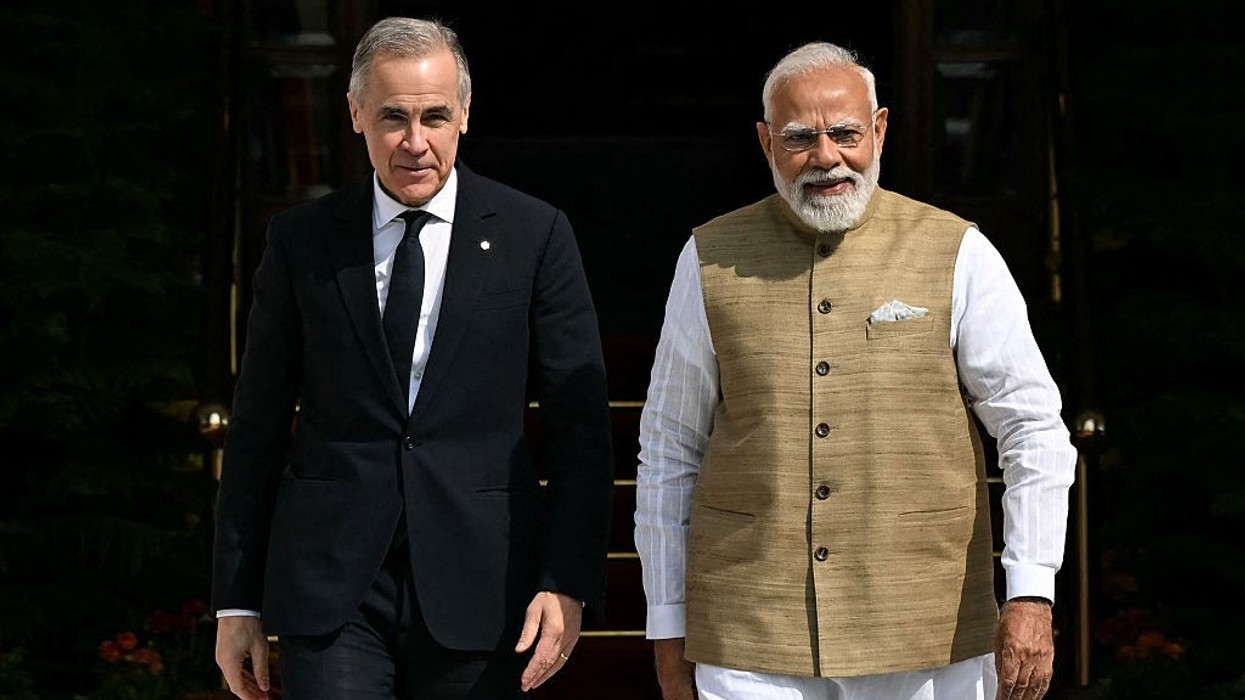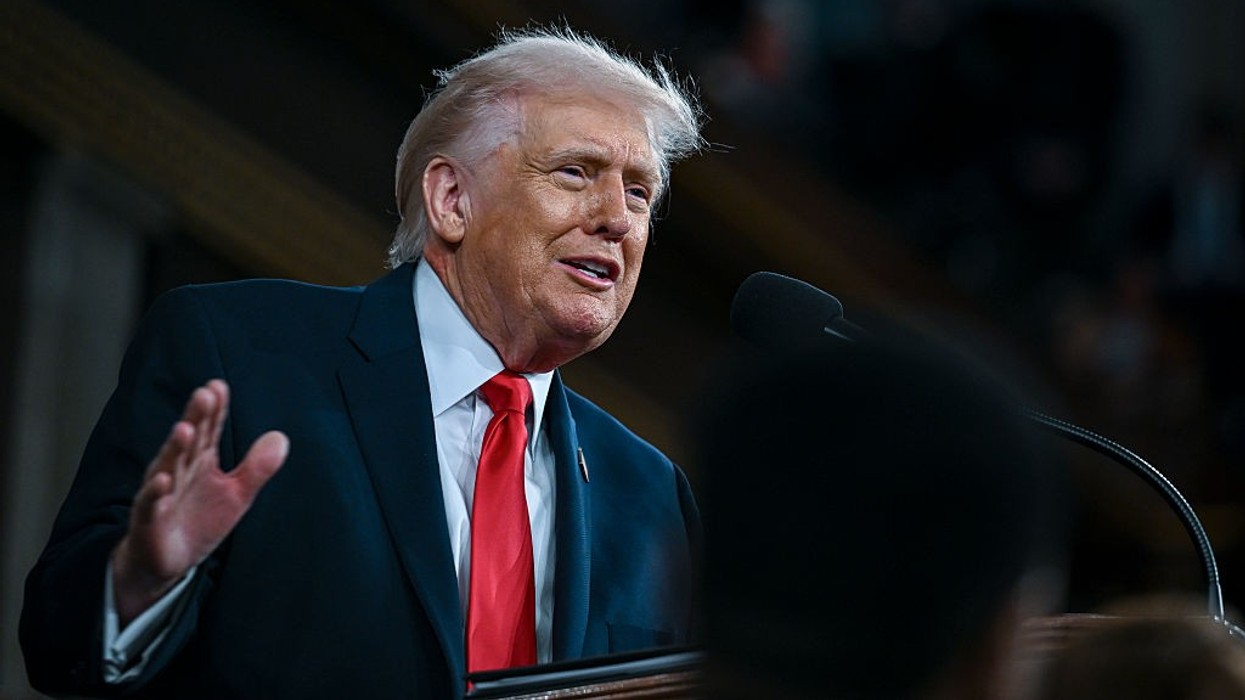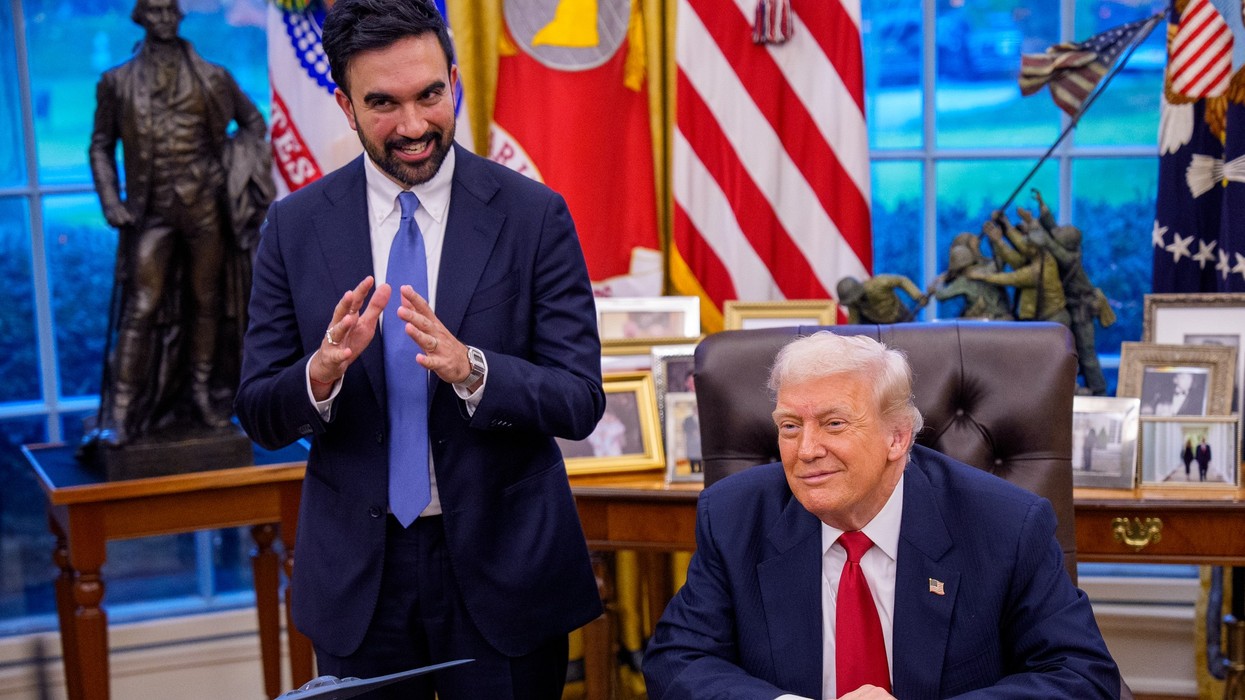Highlights:
- Suhag Shukla says Indian Americans are not agents of India but proud U.S. citizens.
- She criticises Shashi Tharoor for making sweeping claims about the diaspora.
- Indian Americans have long worked to strengthen US-India ties through legal means.
- Rising anti-Indian sentiment and misinformation campaigns threaten diaspora communities.
Shukla urges India to build stronger institutions rather than rely on overseas Indians for global advocacy. Suhag Shukla, co-founder and executive director of the Hindu American Foundation, has pushed back against remarks by Congress leader Shashi Tharoor about the Indian American community, saying it is wrong to view the diaspora as India's representatives in the US.
In her opinion piece, Shukla said that while India deserves a strong voice globally, expecting Indian Americans who already face growing hostility from both political sides to keep sacrificing and paying for it is not a sound strategy. She argued that Tharoor's comments were based on limited perspectives and failed to reflect the diverse and long standing efforts on Indian diaspora to stregthen US-India relations.
“There are 535 members in the U.S. Congress, but Mr Tharoor made sweeping claims based on just one,” she wrote, noting that many Indian Americans have worked for decades to deepen cooperation between the two nations through advocacy, academia, and diplomacy.
Shukla explained that Indian Americans promote balanced narratives about India not as 'mouthpieces' of the Indian government but as US citizens who understand both cultures. She cited examples such as the US-India Civil Nuclear deal, blocking biased resolutions in Congress, and countering misinformation about India's policies.
However, she stressed that these efforts happen 'at a distance' and within US law, warning that it is dangerous to assume the diaspora acts under India's direction. She also criticized a small but vocal group of India activists in the US, funded by organizations such as Open Society and Ford Foundation, for spreading misinformation and aligning with movements that portray India negatively.
Comparing lobbying efforts, Shukla pointed out that Pakistan spends around $7 million annually on lobbying in Wahington, while India spends just a fraction of that. Meanwhile, some Ivy League centres funded by Indian billionaires often host 'so-called experts' who misrepresent India in US policy discussions.
She also raised concerns about rising anti-Indian sentiment in America, mentioning California’s proposed SB509 bill, which she warned could unfairly target Indian and Hindu Americans under vague definitions of “transnational repression.”
According to Shukla, Tharoor’s remarks not only misrepresent the diaspora but also embolden those who question the loyalty of Indian Americans. “It reduces Indian Americans to pawns devoid of agency or genuine patriotism for our adopted homeland,” she said.
Shukla concluded that while Indian Americans hold deep spiritual, cultural, and familial ties to India, their first duty lies with the United States. “Indian Americans do not exist to serve as proxies for the Government of India. We exist as Americans citizens endowed with rights, responsibilities, and loyalties rooted in this soil,” she wrote.
